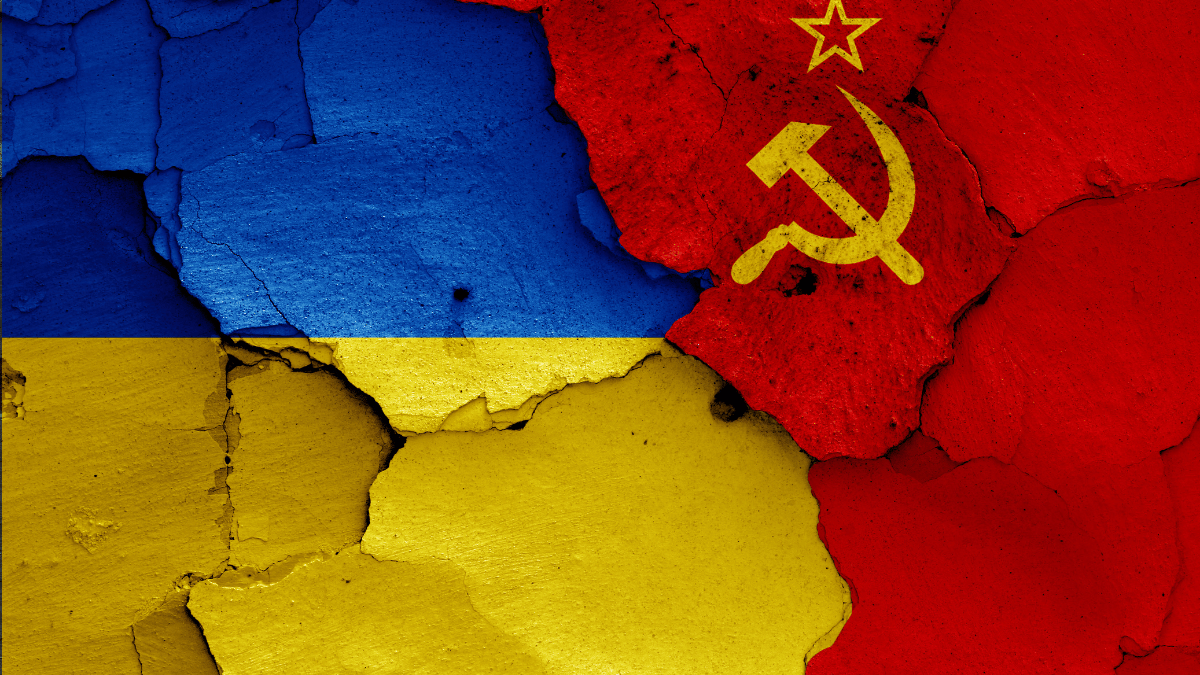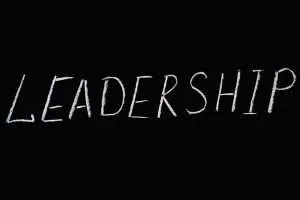We had the privilege of engaging with Filip Noubel (Twitter: @nasredinhoja), a multifaceted professional hailing from Taipei, who recently returned from a compelling journey through Ukraine and various Eastern European nations. Noubel’s remarkable background, which encompasses a diverse tapestry of experiences spanning Uzbekistan, Greece, higher education in France, and a profound connection with the children of African diplomats, uniquely positions him to offer invaluable insights into the intricate web of diplomatic relations encompassing Taiwan, China, Ukraine, and global stakeholders.
This interview embarks on a captivating exploration, delving into the nuanced realm of diplomacy. Furthermore, as part of a rigorous analytical undertaking, we embark on a comparative odyssey, juxtaposing Filip Noubel’s perspectives with those of prominent figures and well-established theoretical frameworks. Notably, our inquiry probes the alignment or divergence of his standpoint with the prisms of constructivism, primordialism, and ethnosymbolism, as applied to the realms of national, state, and gender.
Within this intellectual terrain, primordialism, as a foundational perspective, postulates the enduring existence of nations—a notion subject to rigorous scrutiny and recent reinterpretation. The influential edifice of modernization theory, a dominant voice in the discourse on nationalism, characterizes nations as products of modern developments, conceptualizing them as “imagined communities” and spotlighting nationalism as an “invented tradition.” Lastly, the ethnosymbolism school accentuates the significance of symbols, myths, and traditions in shaping and preserving national identities, in alignment with the scholarship of Anthony D. Smith.
Guided by these theoretical compass points, our voyage takes us through the intricate labyrinth of geopolitics and international stances, unfolding against the backdrop of the ongoing Russia-Ukraine conflict. Throughout this narrative, we seamlessly weave the rich tapestry of insights garnered from Filip Noubel’s perspective with these theoretical threads. The result is a multidimensional tapestry that enables us to discern the subtleties and intricacies that define our contemporary world and the complex web of international relations enveloping these regions.
The Human Cost of War in Ukraine
Ukraine stands as a stark reminder of the profound human impact of conflict. “Today, there are at least 100,000 casualties on the Ukrainian side, and probably double on the Russian side,” Noubel gravely points out. Each statistic, he reminds us, “has a name, a story.” Such revelations underscore the conflict’s deep embedment in Ukraine’s collective consciousness, where, according to Noubel, “the only acceptable outcome is a victory for Ukraine.”
Delving into the historical backdrop, Noubel traces the roots of conflict back to “Russian colonialism and the Tsarist Empire,” adding that Soviet Russia attempted to “impose Russian as the dominant language.” Such colonial imprints persist to this day. But it’s not just history that shapes perceptions. When Noubel uses Russian in Kiev, he finds himself in linguistic exchanges where he speaks in Russian and is responded to in Ukrainian. This anecdote epitomizes the deep-rooted complexities in Russo-Ukrainian relations.
The Russian Perspective on Ukraine
Noubel continues by unveiling a critical and constructivist perspective in his assessment of Vladimir Putin’s view of Ukraine, emphasizing its deep-rooted connection to Russian history and culture. He highlights Kyiv’s significance for Putin as “the cradle of Orthodox Slavic culture,” illustrating that this perspective extends beyond mere territorial considerations, delving into the realms of cultural identity and heritage. Noubel attributes Putin’s stance to the enduring influence of Soviet history, noting how Putin’s upbringing during the twilight of the Soviet era fuels his ambition to recreate a similar union which was demolished by the West. Within this grand vision, the loss of Crimea is perceived as akin to forfeiting an integral part of Russian identity.
This perspective aligns with Timothy Snyder’s concept of the “politics of eternity,” wherein a nation places itself at the center of a cyclical narrative of victimhood and traditional origin. Despite acknowledging the shared Slavic origin of Russian, Ukrainian, and Belarusian peoples, Noubel contends that this historical backdrop does not predetermine Ukrainians to forge a new identity aligned with the West and sympathetic to NATO. This viewpoint resonates with his parallel observation that Ukraine faces a similar challenge to Taiwan in crafting a distinct national identity separate from China.
Taiwan and Ukraine: An Intriguing Intersection
At first glance, Taiwan and Ukraine, distinct in history and geography, might seem worlds apart. But Noubel’s insights suggest otherwise. Notably, he emphasizes an asymmetry in mutual awareness: “Ukraine has a better understanding of Taiwan than vice versa.” Much of Taiwan’s understanding of Ukraine, Noubel explains, comes through a Russian lens, a result of Russia’s cultural and linguistic significance in Taiwan.
However, current events play a role too. With the ongoing conflict, “it’s difficult for people to go there. You don’t find tourists or academics for conferences,” Noubel observes, highlighting how global perceptions can be shaped by prevailing circumstances.
Yet, a pivotal point emerges: both Taiwan and Ukraine’s broader relationships with China. As Taiwan grapples with its own geopolitical challenges with China, Ukraine faces its with Russia. Noubel hints at an interesting comparison, “Many thought Ukraine, in relation to Russia, would tread the path Taiwan has with China.” Furthering this, Noubel highlights a sense of undervaluation from Taiwan, as it provides significant aid to Ukraine, “Taiwan sent millions of dollars in aid to Ukraine. They feel they are not recognized for their worth. It’s complicated.”
Taiwan’s Global Diplomacy
Noubel highlights a widespread diplomatic conundrum: “Many countries maintain informal relations with Taiwan while having official ones with China.” Such dichotomies reflect the present geopolitical realities where China exerts immense pressure against recognizing Taiwan as a distinct sovereign entity.
Delving into Ukraine’s stance, Noubel remarks on President Zelensky’s overwhelming challenges, “He is swamped by national urgencies.” Thus, deepening ties with Taiwan could be seen as an unnecessary risk that might provoke China.
But Taiwan’s support for Ukraine stands out. “Taiwan sent millions of dollars in aid to Ukraine. They funded media centers and provided other forms of support,” Noubel underscores. Yet, this assistance often feels undervalued, leading to “some frustration in Taiwan.”
LGBT Rights A Delicate Dance in Africa
In numerous African nations, as Noubel aptly observes, “Homosexuality is a very sensitive subject,” shedding light on the immense challenges faced by the LGBT community across the continent. This complex issue is compounded by a blend of cultural and religious taboos, as well as repressive policies, which collectively create a turbulent environment for countless individuals.
Notably, Noubel’s multifaceted background, influenced by his French father, Czech mother, and a youth spent in diverse locales such as Uzbekistan, Ukraine, and Greece, provides an enriched perspective on this delicate matter. He reiterates that “Homosexuality is a delicate subject in many African countries,” a situation exacerbated by punitive laws that many African nations have enacted against homosexual relationships.
Adding further nuance, Noubel highlights a compelling facet: the African perception of Russia as a bastion of “traditional values,” particularly concerning family and sexuality. This multifaceted narrative is layered, as Noubel underscores the influence of American evangelical groups on Africa’s anti-LGBT stance. Such external influences contribute to the intricate web of attitudes toward LGBT rights on the continent.
At the core of this discourse lies a crucial reminder from Noubel: “Homosexuality has always existed in all cultures, including in Africa.” This statement challenges narratives that depict homosexuality as a “Western import,” advocating for a more nuanced conversation that celebrates the diverse and rich tapestry of African cultures.
These insights intersect with and diverge from various theoretical perspectives. From a primordialist viewpoint, one might expect a rigid adherence to traditional norms, aligning with Africa’s anti-LGBT stance. Conversely, a constructivist perspective could emphasize the role of external influences in shaping attitudes, mirroring Noubel’s observations about American evangelical groups. In an ethnosymbolic framework, the preservation of traditional values aligns with the emphasis on symbols and myths, as seen in the African perception of Russia. Overall, Noubel’s insights provide a multifaceted view of the intersection between culture, identity, and gender in Africa.
The Soviet Legacy: Educating Africa’s Elite
Beyond the realm of societal perceptions lies the geopolitics of education. During its time, the Soviet Union, with its ambitious vision of international solidarity, opened its doors to thousands of students from Africa, Asia, and Latin America. Noubel draws on his unique experiences to illuminate this phenomenon.
This educational exchange deeply influenced the Soviet Union’s perception among African elites. As Noubel articulates, thousands of students from these regions flocked to the USSR for studies, which not only provided them with an education but also painted the USSR in a positive light.
Yet, the story doesn’t end there. Even post the USSR era, numerous African students continue to venture to Russia for studies. While these students often return as part of the elite, their journey is not devoid of challenges, with racism being one of them. Noubel candidly notes, “Of course, there are problems, notably related to racism.”
If someone has close ties with Russia, it’s likely they view the situation in Ukraine through a Russian lens, especially if they lack alternative sources of information.
Filip Noubel
Peeling back further layers, Noubel sheds light on how these educational ties potentially influence geopolitics. He poses an intriguing thought: “If someone has close ties with Russia, it’s likely they view the situation in Ukraine through a Russian lens, especially if they lack alternative sources of information.”
Our conversation with Filip Noubel has woven a rich tapestry of insights into the intricate realm of international relations involving Russia, Ukraine, Taiwan, and beyond. Employing the lenses of constructivism, primordialism, and ethnosymbolism, we have unveiled nuanced perspectives on personal, national, and state identities.
Noubel’s reflections, steeped in his diverse experiences, illuminate the enduring influence of historical legacies, the complexities of cultural identity, and the intricacies of global alliances. These revelations remind us that beneath the veneer of geopolitical maneuvering lie human narratives, deeply ingrained perceptions, and intricate global entanglements. Through a sociological lens, this dialogue unveils the complex threads that interlace our contemporary world, beckoning further exploration and analysis.
Read: Captain Ibrahim Traoré for a United and Independent Africa
References
- Adeney, Katharine. 2009. Nationalism. In McLean, Iain & McMillan, Alistair (Eds.), The Concise Oxford Dictionary of Politics (3rd ed.). Oxford: Oxford University Press.
- Anderson, Benedict. 1983. Imagined Communities: Reflections on the origins and spread of nationalism. London: Verso Books.
- Coakley, John. 2018. ‘Primordialism’ in nationalism studies: theory or ideology?: ‘Primordialism’ in nationalism studies. Nations and Nationalism, 24(2), 327–347.
- Hobsbawm, Eric & Ranger, Terence. 1983. The Invention of Tradition. Cambridge University Press.
- Mylonas, Harris & Tudor, Maya. 2021. Nationalism: What We Know and What We Still Need to Know. Annual Review of Political Science, 24(1), 109–132.
- Smith, David. 2007. Nationalism (2nd ed.). Cambridge: Polity.
- Snyder, Timothy. 2018. The Road to Unfreedom. New-York: Tim Dugan Books.
- Woods, Eric Taylor; Schertzer, Robert; & Kaufmann, Eric. (2011). Ethno-national conflict and its management. Commonwealth & Comparative Politics, 49(2), 153-161







